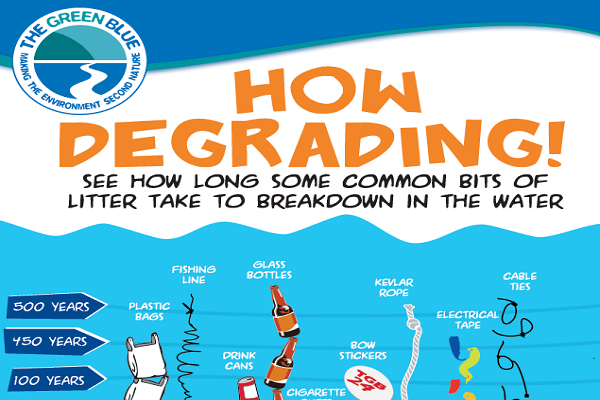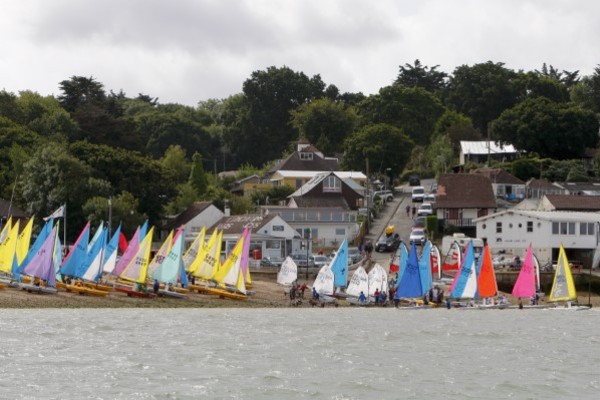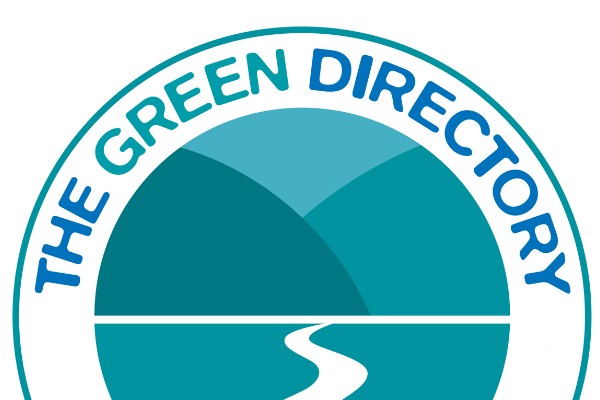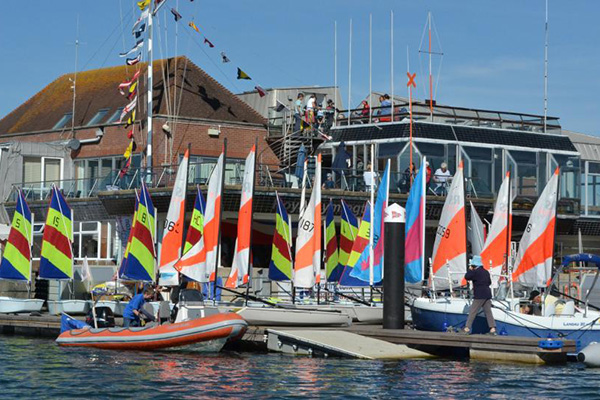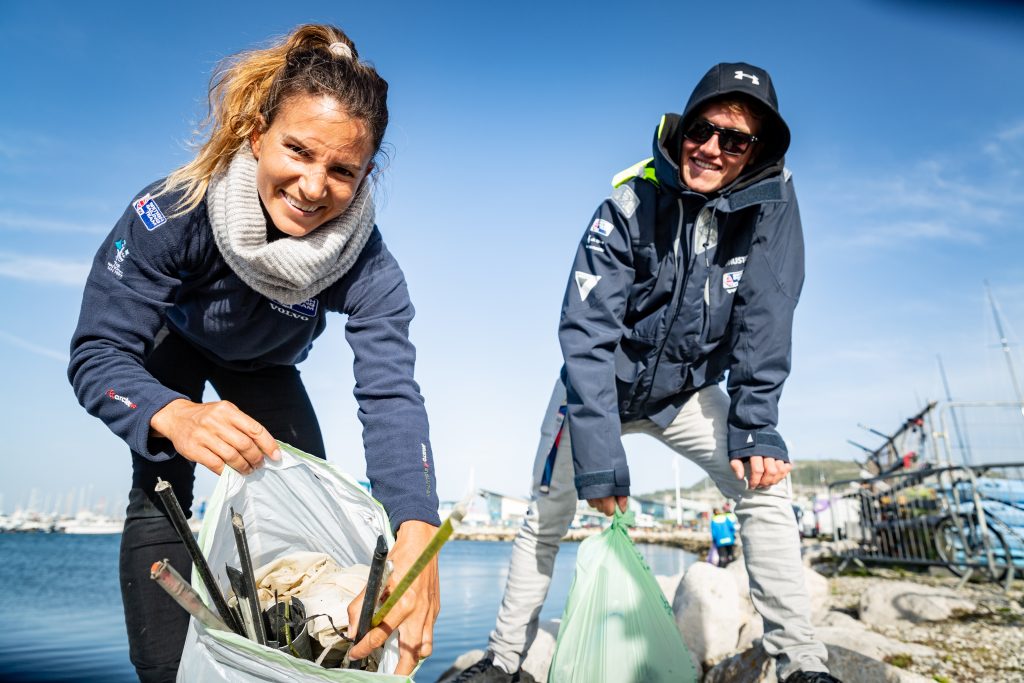Waste Management
BACKGROUND
All clubs and centres produce waste and it is your responsibility to manage it sustainably. As a non-domestic site there are legislations in place that are crucial you adopt or you may face penalties. Issues stemming from waste management are one of the greatest global threats to our environment.
Every year, thousands of tonnes of rubbish enter our inland waterways and coastal waters. It is estimated that more than a million birds and mammals die every year from entanglement, or ingestion of plastics such as balloons and plastic bags (OSPAR Commission). It costs the Canal and River Trust about £1 million each year to clear dumped rubbish, funds that could be spent on improving wildlife habitats and ensuring the waterways are navigable for boaters. By 2050, it’s predicted that the ocean will contain more plastic by weight than fish.
LEGAL REQUIREMENTS
Whether as an individual or an organisation, if you are in possession of household, commercial or industrial waste you are responsible for its disposal into a licenced facility. Waste produced at a club or centre will be categorised as commercial waste and should be disposed of accordingly.
On-shore:
It is your responsibility to:
- Keep waste to a minimum by doing everything you reasonably can to reduce, reuse and recycle waste.
- Sort and store waste safely and securely
- Complete a waste transfer note for each load of waste that leaves your premises
- Ensure that your waste carrier is registered to dispose of waste. If you dispose of your own waste you must register as a waste carrier.
If your site uses and disposes of hazardous materials, which includes oil, solvents and chemicals, you have additional responsibilities. This includes completing consignment notes as well as maintaining a waste register on the site. Contact the Environment Agency if you have any questions about hazardous waste on enquiries@environment-agency.gov.uk.
To find out more on waste management:
FACILITIES & OPERATIONS
- Reduce:
- Before making purchases consider whether the item is really needed. Can the item be hired instead?
- Ask suppliers to reduce packaging
- Look for products made of recycled material
- Avoid printing and automate the printer to print on double sided
- Avoid single use plastic – especially in catering
- Record the amount of waste produced and set waste reduction targets
- Install a water refill fountain on your site. Apply for the Coastal Fountain Fund/Grant through the Sea-Changers charity.
- Purchase second-hand products
- Buy products designed to last
- Re-use packaging
- If an item breaks try to fix it. If you have no luck, contact the producer and consider returning the item to them
- Items you no longer use or need consider selling or donating it so it can be used again
- Carry out a waste audit to see what waste your site produces and find out what you can recycle either through your waste contractor or local authority. This will help you to then identify waste streams you’d like to recycle. This could be separated recycling streams or mixed recycling. You may want to consider adding facilities to collect glass and batteries for recycling
- Provide suitable facilities for waste collection and consider their location. Ensure it is easy and convenient to use by grouping bins together
- Ensure all bins are clearly labelled to help communicate that your site has recycling in place and exactly what items can be placed in specific bins. This will also help to minimise waste contamination through items been placed in the wrong bins
- Train staff/volunteers and notify users of the recycling scheme. Explain the reasons why your site has put in place this scheme, identify how much you hope to save and what the saved money will be spent on to improve your club or centre
- Take a peek inside your bins and ask the contractor for feedback on contamination (where waste items are being disposed of in the wrong bins). This will help you to determine whether signage needs to be clearer
- Donate unwanted sail cloth and rope to those who are making alternative products from these items e.g. reusable bags, deck chairs, awnings etc
- See our advice on responsibly disposing of end-of-life boats
- Look at your current waste contract and see what you are paying for. Is it time to renew?
- If you are looking for a new waste contractor – contact those in your area (perhaps find out who neighbouring clubs or businesses use), organise site meetings, collect quotes, and see what waste they can recycle
- Speak to your waste contractor about how you can recycle more and upgrade your recycling facilities
- Hazardous waste includes oil, fuel and paints and must be disposed of correctly and not put into the general waste stream. Find out more about disposing of commercial waste.
- Find your nearest oil disposal centre: www.oilbankline.org.uk
- Waste electrical and electronic equipment (WEEE) is its own waste stream but it may be able to be collected by your main waste contractor. Alternatively, due to legislation, the electronics can be returned to the retailer and producer.
- If you do not have hazardous waste bins on-site, contact your waste contractor to see if they can provide these and obtain a quote.
- If having hazardous waste bins at your club is not a financially viable option due to low amounts of this type of waste being produced, then ensure members take responsibility for their own waste, by taking it to their local council’s waste disposal sites.

